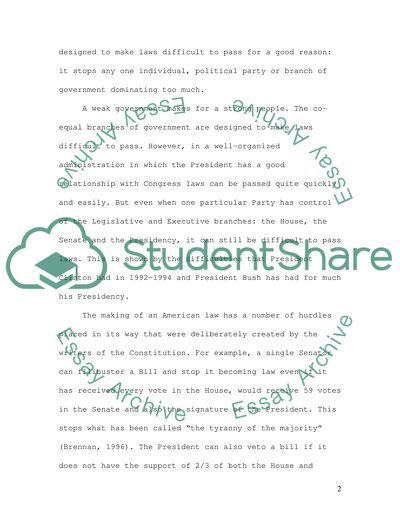Cite this document
(“Is the US Congress too powerful Essay Example | Topics and Well Written Essays - 2500 words”, n.d.)
Retrieved de https://studentshare.org/miscellaneous/1529095-is-the-us-congress-too-powerful
Retrieved de https://studentshare.org/miscellaneous/1529095-is-the-us-congress-too-powerful
(Is the US Congress Too Powerful Essay Example | Topics and Well Written Essays - 2500 Words)
https://studentshare.org/miscellaneous/1529095-is-the-us-congress-too-powerful.
https://studentshare.org/miscellaneous/1529095-is-the-us-congress-too-powerful.
“Is the US Congress Too Powerful Essay Example | Topics and Well Written Essays - 2500 Words”, n.d. https://studentshare.org/miscellaneous/1529095-is-the-us-congress-too-powerful.


